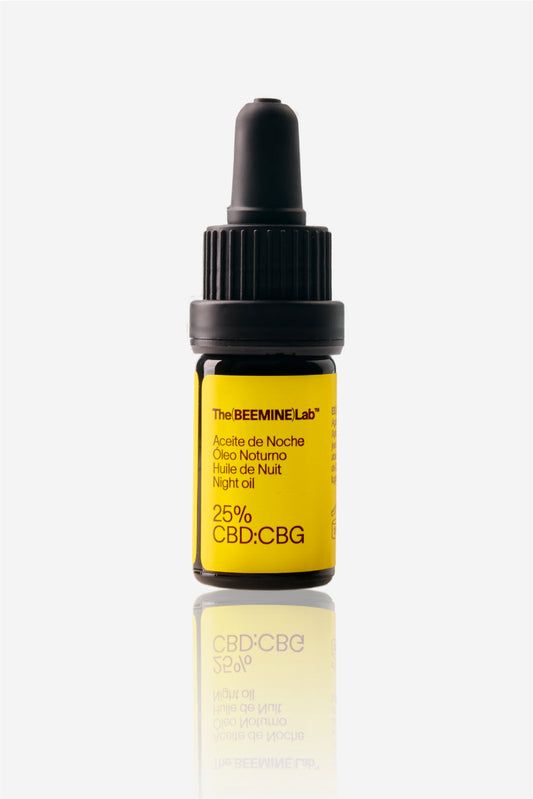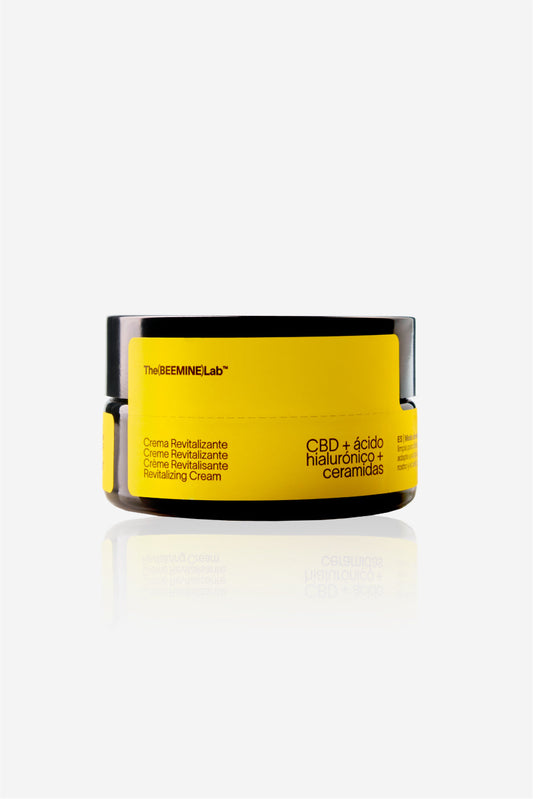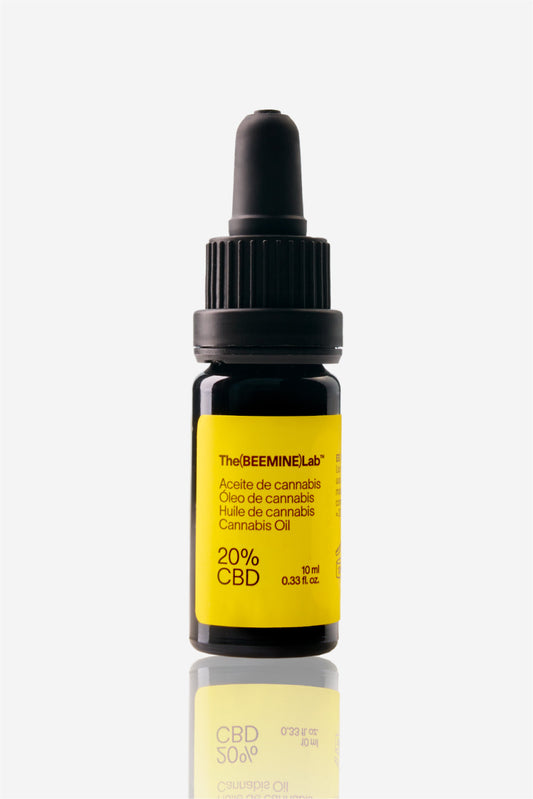What is Alzheimer's?
Alzheimer's disease is a neurodegenerative disorder that causes neuron loss and a certain degree of brain atrophy that do not correspond to normal aging mechanisms. It represents the most common form of dementia (between 60% and 80%) and can affect different cognitive functions, including memory, attention, executive functions, emotional and behavioral control, and thinking skills. It is a disabling disease both at a work and personal level and depending on the degree of affectation of daily life activities, it can be mild, moderate or severe , and can negatively impact a person's personality, reasoning and sense of identity. It is a progressive disease, therefore it can start in its mild form, mainly affecting memory and attention processes , worsening over time until it degenerates emotional, language, reasoning and behavioral processes, even disabling basic bodily functions such as movement and swallowing, basic mental functions such as recognition of other people, loss of memory and space-time orientation. Alzheimer's disease affects 10% of the world's population over the age of 65 , and although it affects the elderly population more, there are early forms that can occur in younger people and in faster and more severe forms. The cause is currently unknown, although there are some risk factors:- Aging of brain structures and possible oxidative damage due to age
- genetic factors (there is a certain degree of hereditary character)
- presence of cardiovascular problems
- lifestyle (intake of substances that negatively affect the nervous system)
How does CBD work in the brain?
CBD is able to naturally stimulate our endocannabinoid system , responsible for maintaining the physical and psychological balance of the body. In particular, the endocannabinoid system is very present in the Central Nervous System , helping to maintain good functioning of neurological functions, reinforcing the neurons themselves and the structures that protect them and contrasting wear and possible oxidative damage caused by the passage of time. Thanks to the effect of CBD , the levels of Anandamide and 2-AG, the two main cannabinoids produced by our body, increase in our brain , which allow a stimulation of the cannabinoid receptors CB1 and CB2 : the former modulate neurological activity in the main brain structures responsible for memory, emotion and reasoning processes, while the latter are present in brain glial cells, the structures that protect neurons. CBD also stimulates serotonin 5-HT1a receptors, modulating emotional processes and promoting mood management in a similar way to anxiolytic drugs. (5-6-7)
Why use CBD to treat Alzheimer's?
There are different reasons why it is advisable to use CBD to treat Alzheimer's , due to its effects:- Neuroprotective and antioxidant effect : promotes neurological function, protecting against oxidative damage and neurodegenerative processes
- Anti-inflammatory effect : modulates and relieves acute and chronic inflammatory processes that affect glial cells and can facilitate and/or accompany the presence of neurodegenerative processes
- Relaxing, anxiolytic and antipsychotic effect : it facilitates physical, mental, psychological and emotional relaxation to relieve behavioral symptoms such as aggression and physical and emotional restlessness and improve the quality of mood. In addition, CBD can help maintain good quality of sleep and rest .
Studies: CBD Treatment for Alzheimer's
There are several studies that document the positive effects of CBD on Alzheimer's disease , acting as a regulator of the functions of brain glial cells and preventing the accumulation of beta-amyloid proteins and inflammation at the neurological level. (9-10) An increase in the endocannabinoid 2-AG has also been observed to be related to an improvement in cognitive functions . (8) At the behavioral level, it has been confirmed that CBD is a good tool to relieve symptoms related to agitation, restlessness, reduce anxiety levels and improve mood. (11-12) Due to its neuroprotective properties, CBD represents a highly valuable tool for preventing and treating neurodegenerative diseases such as Alzheimer's. (14)What is the right dose of CBD?
In order to use CBD to relieve the symptoms of Alzheimer's disease , it must be used internally (not regulated in the EU), initially using a medium-concentration oil (5-10%) and gradually increasing the dose until the effects appear. To find the most suitable dosage for each person, it is advisable to consult a specialized health professional who can provide quality advice and monitoring.Benefits of CBD oil for Alzheimer's
CBD oil , due to its different properties, high safety and efficacy, represents a first-line tool to prevent and treat the pathological mechanisms and symptoms of Alzheimer's disease. In summary:- It protects the structures of neurons and neurological functions , stimulating neurogenesis and contrasting the pathophysiological mechanisms that are related to neurodegenerative processes.
- It promotes the maintenance of cognitive functions such as memory , attention and reasoning abilities.
- helps maintain good quality of sleep and rest
- It relieves the behavioral symptoms associated with the disease and promotes mental and physical relaxation, being a tool that can benefit even the caregivers themselves.
- https://www.alzheimers.gov/es/alzheimer-dementias/alzheimer-enfermedad
- https://es.familydoctor.org/condicion/enfermedad-de-alzheimer/?adfree=true
- https://www.alz.org/alzheimer-dementia/que-es-la-enfermedad-de-alzheimer
- https://www.nia.nih.gov/espanol/hoja-informativa-sobre-enfermedad-alzheimer#:~:text=La%20enfermedad%20de%20Alzheimer%20es,m%C3%A1s%20tarde%20en%20la %20life .
- Gorzkiewicz, A., & Szemraj, J. (2018). Brain endocannabinoid signaling exhibits remarkable complexity. Brain research bulletin , 142 , 33–46. https://doi.org/10.1016/j.brainresbull.2018.06.012
- Batalla, A., Bos, J., Postma, A., & Bossong, MG (2021). The Impact of Cannabidiol on Human Brain Function: A Systematic Review. Frontiers in pharmacology , 11 , 618184. https://doi.org/10.3389/fphar.2020.618184
- Gunasekera, B., Davies, C., Martin-Santos, R., & Bhattacharyya, S. (2021). The Yin and Yang of Cannabis: A Systematic Review of Human Neuroimaging Evidence of the Differential Effects of ? 9 -Tetrahydrocannabinol and Cannabidiol. Biological psychiatry. Cognitive neuroscience and neuroimaging , 6 (6), 636–645. https://doi.org/10.1016/j.bpsc.2020.10.007
- Basavarajappa BS, Shivakumar M, Joshi V, Subbanna S. Endocannabinoid system in neurodegenerative disorders. J Neurochem. 2017 Sep;142(5):624-648. doi: 10.1111/jnc.14098. Epub 2017 Jul 5. PMID: 28608560; PMCID: PMC5669051.
- Li, H., Liu, Y., Tian, D., Tian, L., Ju, X., Qi, L., Wang, Y., & Liang, C. (2020). Overview of cannabidiol (CBD) and its analogues: Structures, biological activities, and neuroprotective mechanisms in epilepsy and Alzheimer's disease. European journal of medicinal chemistry , 192 , 112163. https://doi.org/10.1016/j.ejmech.2020.112163
- Watt, G., & Karl, T. (2017). In vivo Evidence for Therapeutic Properties of Cannabidiol (CBD) for Alzheimer's Disease. Frontiers in pharmacology , 8 , 20. https://doi.org/10.3389/fphar.2017.00020
- Outen, JD, Burhanullah, MH, Vandrey, R., Amjad, H., Harper, DG, Patrick, RE, May, RL, Agronin, ME, Forester, BP, & Rosenberg, PB (2021). Cannabinoids for Agitation in Alzheimer's Disease. The American journal of geriatric psychiatry: official journal of the American Association for Geriatric Psychiatry , 29 (12), 1253–1263. https://doi.org/10.1016/j.jagp.2021.01.015
- Mueller, A., & Fixen, D.R. (2020). Use of Cannabis for Agitation in Patients With Dementia. The Senior care pharmacist , 35 (7), 312–317. https://doi.org/10.4140/TCP.n.2020.312
- Crippa, JA, Guimarães, FS, Campos, AC, & Zuardi, AW (2018). Translational Investigation of the Therapeutic Potential of Cannabidiol (CBD): Toward a New Age. Frontiers in immunology , 9 , 2009. https://doi.org/10.3389/fimmu.2018.02009
- Xiong, Y., & Lim, C.S. (2021). Understanding the Modulatory Effects of Cannabidiol on Alzheimer's Disease. Brain sciences , 11 (9), 1211. https://doi.org/10.3390/brainsci11091211







